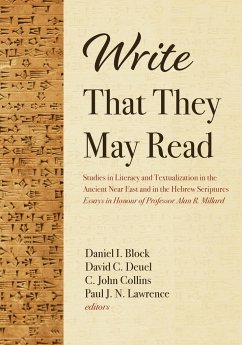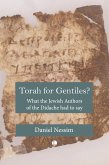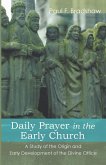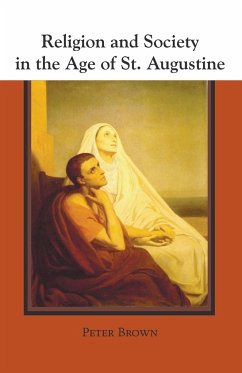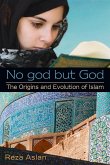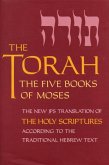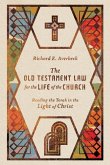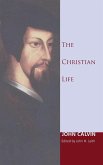Write That They May Read is a collection of essays written in honor of our mentor, friend, and fellow scholar, Professor Alan R. Millard. Respectful of his contribution to our understanding of writing and literacy in the ancient biblical world, all the essays deal with some aspect of this issue, ranging in scope from archeological artifacts that need to be ""read,"" to early evidence of writing in Israel's world, to the significance of reading and writing in the Bible, including God's own literacy, to the production of books in the ancient world, and the significance of metaphorical branding of God's people with his name. The contributors are distributed among Professor Millard's peers and colleagues in a variety of institutions, his own students, and students of his students. They represent a variety of disciplines including biblical archeology, Egyptology, Assyriology, Hebrew and other Northwest Semitic texts, and the literature of the Bible, and reside in North America, Japan, the United Kingdom, Denmark, and Germany. Write That They May Read contains contributions by: Section 1: Artifacts and Minimalist Literacy 1. ""See That You May Understand"": Artifact Literacy--The Twin-cup Libation Vessels from Khirbet Qeiyafa Gerald Klingbeil, Research Professor of Old Testament and Ancient Near Eastern Studies, Andrews University Martin Klingbeil, Professor of Biblical Studies and Archaeology, and Associate Director, Institute of Archaeology Southern Adventist University 2. Ketiv-Qere: The Writing and Reading of EA 256 and Its Place in Reflecting the Realia of Power and Polity in the LBA-IA Golan and Peripheries Timothy M. Crow, Senior Lecturer in History, University of Akron; Professional Fellow Old Testament, Ashland Theological Seminary 3. Another Inscribed Arrowhead in the British Museum Terrence C. Mitchell¿. Former Keeper of Western Asiatic Antiquities, The British Museum, London, England 4. Earliest Literary Allusions to Homer and the Pentateuch from Ischia in Italy and Jerusalem Paul J. N. Lawrence, Translation Consultant, Summer Institute of Linguistics International 5. The Etymology of Hebrew lög and the Identity of Shavsha the Scribe Yoshiyuki Muchiki, Professor of Biblical Theology, Japan Bible Seminary, Tokyo Section 2: Artifacts and Official Literacy 6. The Writing/Reading of the Stone Tablet Covenant in the Light of the Writing/Reading/Hearing of the Silver Tablet Treaty Gordon Johnston, Professor of Old Testament, Dallas Theological Seminary 7. For Whose Eyes? The Divine Origins and Function of the Two Tablets of the Israelite Covenant Daniel I. Block, Gunther H. Knoedler Professor Emeritus of Old Testament, Wheaton College 8. Write That They May Judge? Applying Written Law in Biblical Israel Jonathan Burnside, Professor of Biblical Law, Law School, University of Bristol. 9. ""And Samuel Wrote in the Book"" (1 Samuel 10:25) and His Apology in First Samuel 1-15 Wolfgang Ertl, Dozent am Bibelseminar Bonn, Bornheim/Germany; Associate Professor of Old Testament, Southwestern Baptist Theological Seminary 10. ""For the one who will read it aloud will be able to run with it"" (Habakkuk 2:2c) David Toshio Tsumura, Professor of Old Testament, Japan Bible Seminar Section 3: The Rise of Literary Literacy 11. The History and Pre-History of the Hebrew Language in the West Semitic Literary Tradition Richard E. Averbeck, Professor of Old Testament and Semitic Languages, Trinity Evangelical Divinity School 12. Divine Action in the Hebrew Bible: ""Borrowing"" from Ancient Near Eastern Cultures and ""Inspiration"" C. John Collins, Professor of Old Testament, Covenant Theological Seminary 13. Encoding and Decoding Culture Jens Bruun Kofoed, Professor of Old Testament, Fjellhaug International University College, 14. No Books, No Authors: Literary Production in a Hearing-Dominant Culture John H. Walton, Professor of Old Testament, Wheaton College 15. The Discovery of the Book of the
Hinweis: Dieser Artikel kann nur an eine deutsche Lieferadresse ausgeliefert werden.
Hinweis: Dieser Artikel kann nur an eine deutsche Lieferadresse ausgeliefert werden.

